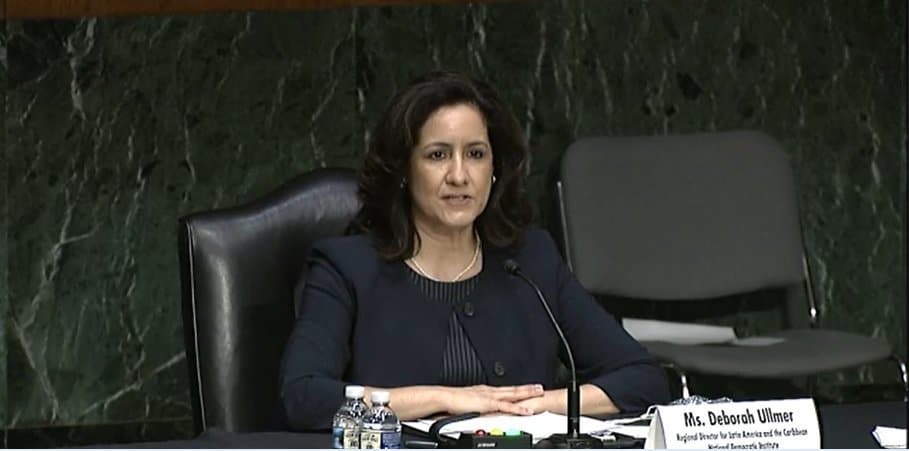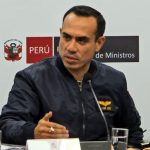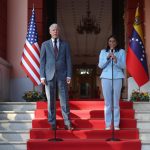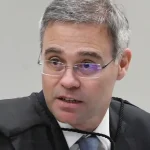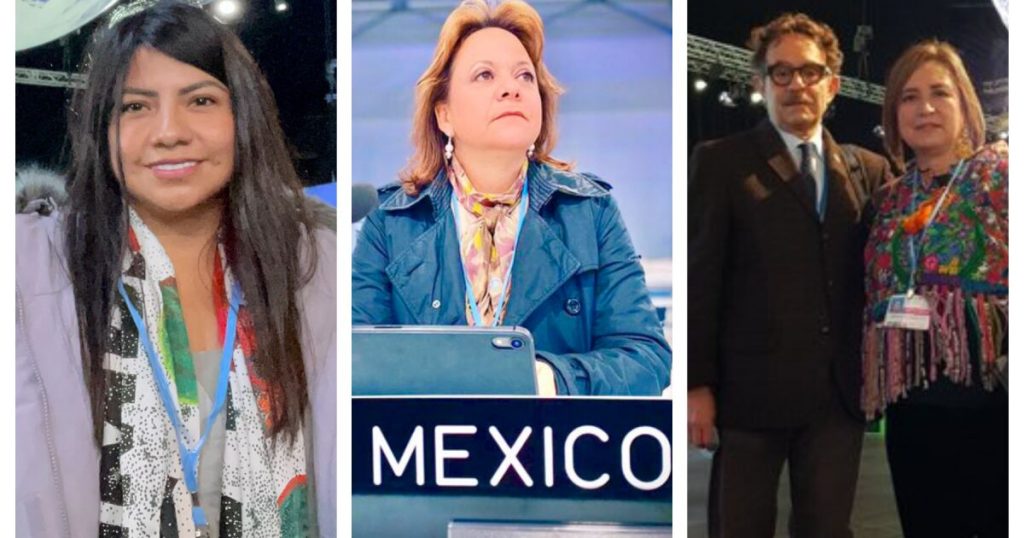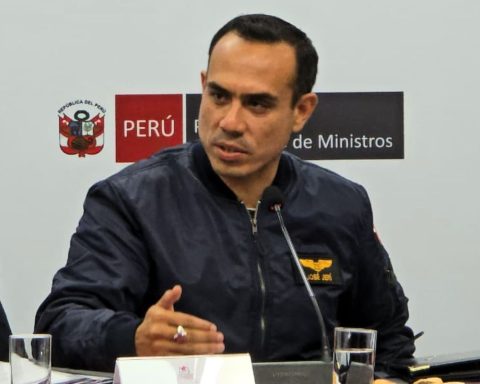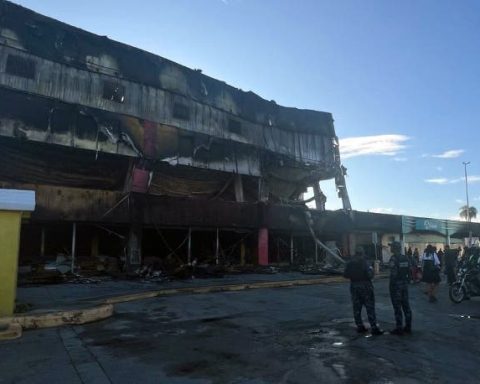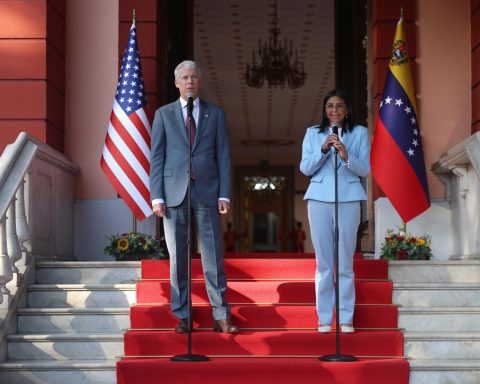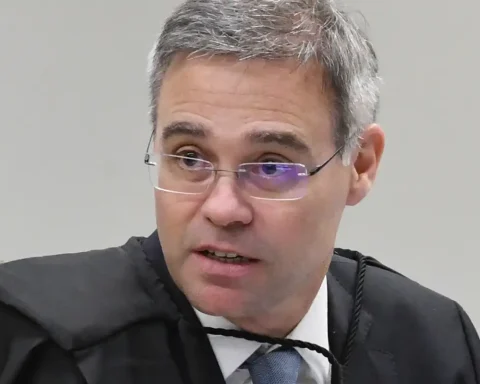The restrictions established in the so-called Law to Enforce Compliance with Conditions for Electoral Reform in Nicaragua (Renacer) are carefully designed to selectively hit key officials of the Ortega regime and collaborating institutions in the repression and violation of the human rights, explains Deborah Ullmer, director for Latin America of the National Democratic Institute (IND), in the United States.
Ullmer was interviewed on CONFIDENTIAL Radio, which is also broadcast on YouTube, on the scope of the Renacer Law in Nicaragua and also explained how the machinery of this legislation – approved this November 3 in the North American Congress – is arranged in order to pressure the regime for the restoration of freedoms civilians in Nicaragua.
This November 5, White House officials revealed that US President Joe Biden would sign the Reborn Act next week, after the votes scheduled for this Sunday, November 7, according to the Voice of America media.
According to the journalistic report, Biden’s reason for putting the Law into effect until after the voting is because it is part of a broad and coordinated international response to ignore the results of this process designed to perpetuate for five more years in power the family binomial of Daniel Ortega and his wife Rosario Murillo.
The Renacer Law has been passed with significant bipartisan support in both houses. What are its scope in terms of the implications it has on the relationship between the United States and Nicaragua and how does it differ from the NicaAct Law, approved a few years ago?
With the passage of the Renacer Act, Congress and the United States are sending a signal that they are not going to stay on the sidelines, while Daniel Ortega consolidates a dictatorship. While NicaAct created some tools to develop a strategy, the Renacer Law really ties together diplomacy and accountability measures. It establishes selective sanctions and ensures coordination with Canada and European countries to guarantee their maximum effectiveness. The main message that unites this bipartisan vote is that the November 7 elections are considered a sham. This may lead other leaders in the region to understand that Ortega’s path has been to systematically erode democratic institutions and the rule of law, violate human rights, and commit corruption to harm the Nicaraguan people.
This Law is focused on the scrutiny that the United States Government must develop on the relationship that multilateral credit organizations such as the World Bank, the International Monetary Fund and others have with Nicaragua. What exactly does this scrutiny or supervision mean?
It means new restrictions and supervision of loans by multilateral development banks to ensure that they will not enrich and empower the regime, while establishing safeguards so that the international community can still address the humanitarian needs of the Nicaraguan people. This ensures that the United States and other countries can exercise their vote in these multilateral banks to ensure that the money is used for the Nicaraguan people, and not for the regime.
That does not mean a predetermined veto of the United States to the request of loans to these organizations, but a supervision …
That’s how it is. It can be read that in the future there will be greater supervision and above all greater coordination of the Administration of President Biden in ensuring that all entities are being talked about on behalf of the United States Government, that there is greater coordination, supervision and reporting about how that money is being used.
Does it include the Inter-American Development Bank, or is it just the International Monetary Fund and the World Bank?
The Inter-American Bank is included, obviously what is not included is CABEI (Central American Bank for Economic Integration), because there the United States does not have a vote.
You mentioned diplomatic coordination with Canada, with the European Union, with the United Kingdom. Is there specifically talk of sanctions that could affect senior officials linked to the organization of this electoral farce and also in human rights violations?
The Reborn Act requires President Biden’s Administration to establish a strategy for how selective US sanctions can be used to push for new elections that are free, fair and credible. We have seen how corrupt policy dynamics are indicators of elections that lack credibility and serve as catalysts for instability. The idea is to coordinate, as we have seen in the case of Venezuela, with other countries such as Canada and European countries to follow the money.
This is a law that is conceived from the point of view of the interests of the United States. He even says that the Cafta is going to be revised, because the United States cannot offer commercial benefits to an undemocratic country. How can this Law affect the interest of Nicaragua, for example, in recovering democratic freedoms or influence the suspension of the police state that exists today in Nicaragua?
That is the idea, not to harm the people of Nicaragua. Support the selective sanctions that are directed at the regime and his family, high-ranking officers of the Police, of the Army. Yes, a review of Nicaragua’s participation in the Cafta is requested, but always with the idea that it does not harm the Nicaraguan people. Ensure that the necessary humanitarian aid reaches Nicaraguans. The idea is to exert pressure, but for it to be multilateral as well. That is not just the United States. President Biden has made it a policy to work multilaterally with democratic countries, with Canada, with European countries, to ensure that democracy is rescued.
In the event of an eventual suspension of Nicaragua’s participation in Cafta, some analysts and representatives of the business sector argue that this could have an indiscriminate effect on employment in Nicaragua and that it could even indirectly end up favoring Daniel Ortega politically, present the dictatorship as a victim of the confrontation between the United States and Nicaragua.
Well, they are already presenting it that way. Those who support Daniel Ortega in Washington have made an incidence in presenting that the sanctions, even the current ones, are harming the people and that is not true. The current sanctions are selective, they are directed at Ortega’s family, they are directed at senior police officers. That is why with Cafta the language is very careful, when it says to review that participation, to ensure that there will be no harm to the Nicaraguan people.
There is another approach to the Law related to Russia’s participation in the internal affairs of Nicaragua and the impact that this has on continental relations. What specifically does this Law demand to do in relation to the Russian political and intelligence presence in Nicaragua?
The project requires new reports on Russian activities in the country, including the Russian listening post (in Nicaragua), security cooperation, and arms sales to the Ortega regime. There is much concern that Russia’s listening post is being used not only against the democratic opposition in the country, but against democratic political activists in other Latin American countries. There is a new approach for the United States to pay attention and inform itself with its reports to ensure that it is very well informed of how other countries, such as Venezuela, could violate the sanctions imposed.
Once this Law is approved, does the execution depend exclusively on the Executive, the pace, the actions, the schedule of steps to be taken, or is this something that is done in coordination with the United States Congress?
In the United States the procedure is for Congress to send this to the White House. The call is to all the different entities that our ministers coordinate, such as the Department of State, the Department of the Treasury, the Department of Justice, all these parts of our Administration are coordinated to be able to act right there, already signed this Law, with all the tools to start planning a strategy and implement it right there.
Until now, senior officials of the Nicaraguan Army, the head of the Army himself, and the director of the Institute for Military Social Welfare have been sanctioned, but not the institution of the Army and the institution of the IPSM, as the National Police have been sanctioned. Are these institutions on the radar of the possibilities of executing this Law or are they excluded?
Absolutely, they are on the radar. That is where the Ortega regime tries to sell that these types of sector sanctions can harm the Nicaraguan people and it is not true. They continue to be selective, directed at the institutions that are doing and have participated in the harm to the Nicaraguan people.
